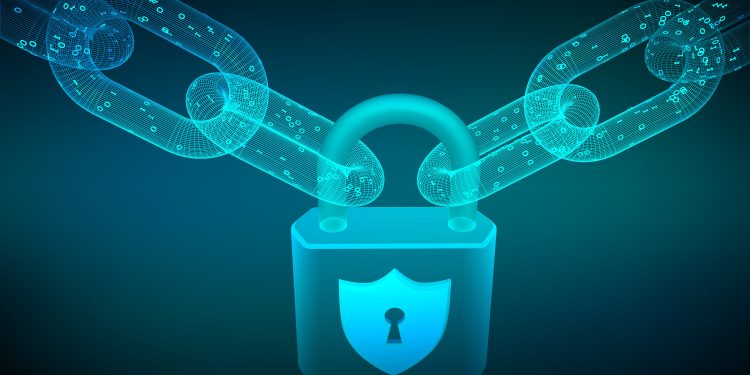Microsoft is working on a groundbreaking blockchain-based ID system that will be integrated into its popular Authenticator app. This initiative aims to give users more control over their personal data by utilizing blockchain technology to create a decentralized identity solution. With the development of this blockchain ID, Microsoft is positioning itself at the forefront of digital identity management, offering individuals greater privacy, security, and ownership of their information.
By integrating blockchain into its Authenticator app, Microsoft seeks to empower users to manage their digital identities without relying on centralized institutions like governments or corporations. This shift could revolutionize the way personal data is stored and shared, providing a more secure alternative to traditional identity systems.
Why Blockchain for Digital Identity?
Blockchain technology provides several key advantages when it comes to managing digital identities:
- Decentralization: Unlike traditional identity systems that rely on centralized databases, a blockchain-based ID allows users to store and manage their information in a decentralized manner, reducing the risk of hacks or data breaches.
- Enhanced privacy: Blockchain ID systems enable users to selectively share their information with third parties, ensuring they maintain control over their personal data.
- Security: Blockchain’s encrypted, immutable nature makes it an ideal technology for securing sensitive identity information, making it harder for cybercriminals to manipulate or steal data.
Microsoft’s Vision for Blockchain-Based Identity
Microsoft’s blockchain ID system within the Authenticator app aligns with its broader vision of creating a more secure and decentralized internet. By giving users the tools to manage their identities independently, Microsoft aims to provide a solution that is more resistant to fraud and identity theft, which are common issues in traditional identity management systems.
- Self-sovereign identity: This concept allows individuals to own and control their digital identity without the need for an intermediary, giving them more power over how their data is used.
- Interoperability: Microsoft’s blockchain ID could be used across multiple platforms and services, from online banking and e-commerce to social media and healthcare, providing a seamless digital experience.
Impact on Digital Identity Landscape
The development of blockchain-based ID systems has the potential to reshape the future of digital identity. As more companies and governments explore decentralized identity solutions, Microsoft’s efforts could set the standard for how personal data is managed in a more secure and transparent way.
- Reduction in identity fraud: A decentralized identity system can significantly reduce the risk of identity fraud, as users have more control over how and when their data is shared.
- Global adoption: If successful, Microsoft’s blockchain ID could pave the way for other technology companies and institutions to adopt similar solutions, promoting the widespread use of decentralized identities.
Challenges and Future Outlook
While blockchain-based digital identity systems offer numerous benefits, there are also challenges to overcome, including user adoption, regulatory hurdles, and the need for cross-platform integration. However, as more companies explore the potential of blockchain technology, the path to a decentralized identity future is becoming clearer.
Microsoft’s development of a blockchain ID within its Authenticator app is a significant step toward revolutionizing digital identity. By prioritizing privacy, security, and decentralization, this initiative has the potential to transform how individuals manage and protect their personal information in an increasingly digital world.









